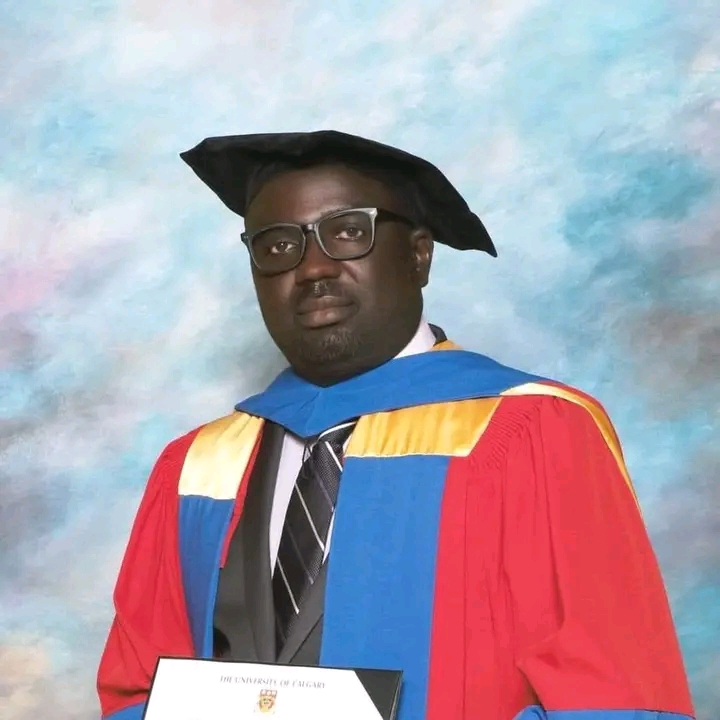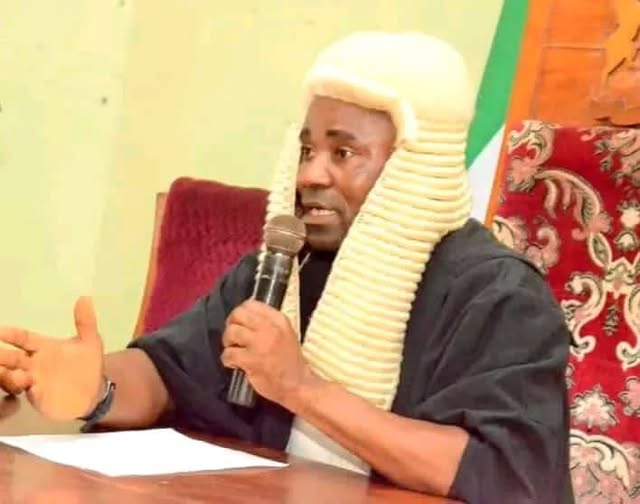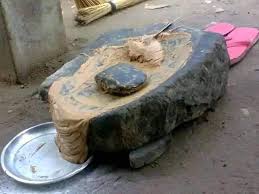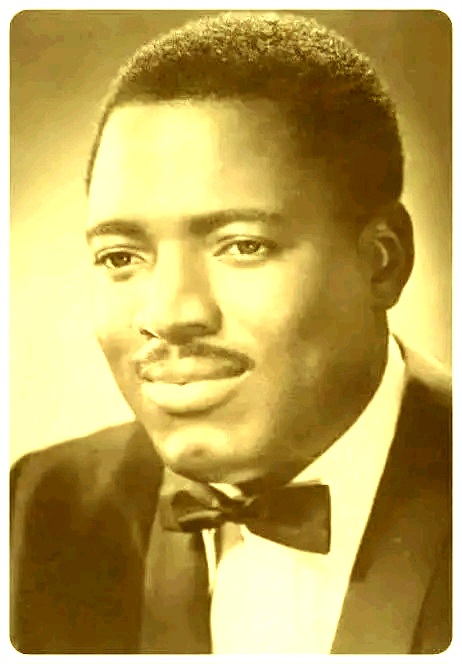
Joseph Sarwuan Tarka
was born on the 10th of July 1932 in Igbor, now in Gwer East Local Government Area of Benue State.
His father, Tarka Nachi, was a teacher, headmaster, and later a village chief.
J. S. Tarka attended Native Authority Primary School in Gboko and Katsina-Ala Middle School before training as a teacher at Bauchi Rural Science School.
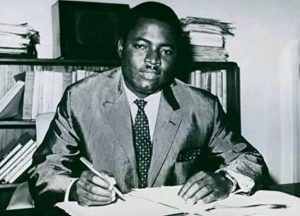
He began his working life as a teacher and was an active member of the Tiv Native Authority Staff Union and the Northern Teachers Association. Influenced by political thinkers like Sa’adu Zungur, Tafawa Balewa, and Nnamdi Azikiwe, he joined politics early.
In 1954, at just 22 years old, he was elected to the Federal House of Representatives, representing the Jemgbar constituency, marking the start of his formal political career.
In 1957, Tarka co-founded and became President General of the United Middle Belt Congress (UMBC), a political party formed to advocate for the rights and political recognition of minorities in the Middle Belt region. The UMBC formed alliances with the Action Group and the Middle Zone League to push for minority state creation. Tarka represented the Middle Belt at the 1957 Constitutional Conference and the 1958 Willinks Commission, which investigated the fears of minority groups. He briefly served as a shadow minister of commerce.
The UMBC participated actively in the 1959 and 1963 elections, which stirred political tensions in the region. In 1961 and again in 1962, Tarka was arrested and charged with treason over allegations of inciting violence but was acquitted due to lack of evidence.
After the military coup of 1966, General Yakubu Gowon appointed Tarka as Federal Commissioner for Transport from 1967 to 1971, after which he served as Federal Commissioner for Communications from 1971 to 1974. He resigned from this post following corruption allegations leveled against him by Godwin Dabo, a fellow Tiv politician, ( If Tarka me, I will Dabo you) although the allegations were never proven.
With the return to democracy in 1979, Tarka co-founded the National Party of Nigeria (NPN).
He contested the party’s presidential primaries but lost, later winning election as Senator for Benue East. In the Senate, he chaired the Committee on Finance and Appropriation. His son, Simeon Mbakorkaa Tarka, was also elected to the House of Representatives in 1979, becoming the youngest member at the time.
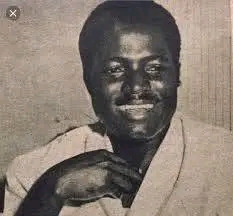
Joseph Sarwuan Tarka died in London on 30th March, 1980 after a brief illness at the age of 48.
He is remembered as the father of Middle Belt politics and a strong advocate for minority rights in Nigeria.
In recognition of his contributions, Tarka Local Government Area in Benue State was named after him, The Stadium in Gboko was named after him and in 2019, the Federal University of Agriculture, Makurdi, was renamed Joseph Sarwuan Tarka University.
His political legacy continues to influence the Middle Belt region’s identity and its role in national politics.
Rest In Peace
Senator J. S. Tarka.
Come To Benue
Novation Television


